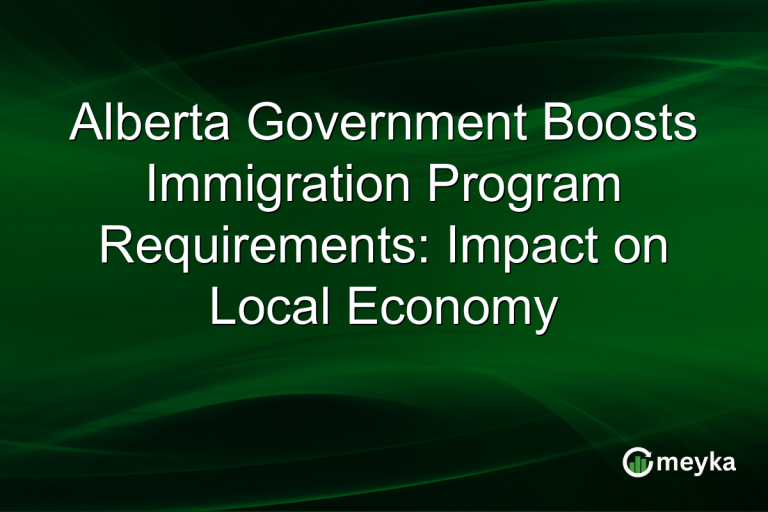Danielle Smith’s Use of the Notwithstanding Clause Sparks Controversy
Danielle Smith, Premier of Alberta, is making headlines today with her decision to invoke the notwithstanding clause concerning transgender youth rights. This legal maneuver has significant implications for the Canadian Charter of Rights and Freedoms, sparking a heated debate across the nation. The move aligns with Alberta government bill 9 and seeks to address the contentious issue of transgender rights in Alberta, potentially leading to legal challenges and heightened political discourse.
Continue Reading on Meyka
This article is available in full on our main platform. Get access to complete analysis, stock insights, and more.
Read Full Article →





